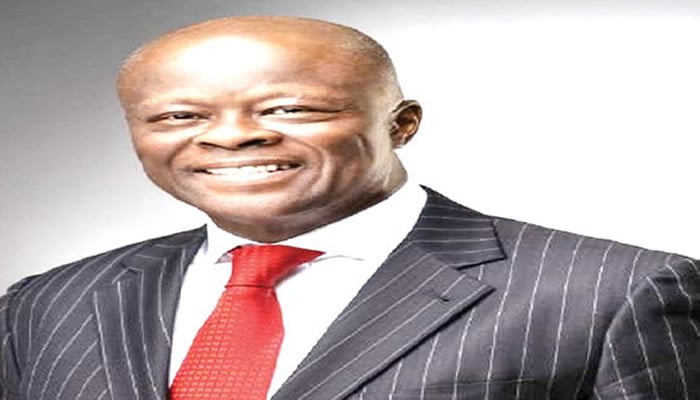The Central Bank of Nigeria (CBN) and its Monetary Policy Committee (MPC) have implemented strategic measures to stabilize the naira and control inflation, marking a significant shift in the nation’s macroeconomic direction.
At the 299th MPC meeting, held on February 19 and 20, 2025, the committee decided to maintain the Monetary Policy Rate (MPR) at 27.5 percent, demonstrating a commitment to balancing inflation control with exchange rate stability.
CBN Governor Olayemi Cardoso announced this decision, emphasizing the unanimous agreement to retain all parameters, including the asymmetric corridor, cash reserve ratio, and liquidity ratio. This pause in rate hikes, following six consecutive increases in 2024, reflects the CBN’s efforts to navigate inflationary pressures, exchange rate volatility, and economic growth concerns.
Key macroeconomic developments influencing this decision included stability in the foreign exchange market, improvements in external reserves, and a gradual moderation in fuel prices.
The CBN’s ongoing policy reforms have yielded relative stability in the naira, narrowing the gap between official and parallel market exchange rates and boosting market confidence.
As of February 20, 2025, the naira appreciated in the parallel market, and the spread between official and black market rates reduced significantly. Cardoso has prioritized market stability, sustaining interventions in the foreign exchange market and promoting transparency through initiatives like the Electronic Foreign Exchange Matching System and the Nigerian Foreign Exchange Market FX Code.
These measures have enhanced market efficiency and liquidity, reducing speculation and volatility. Stakeholders, including the Centre for the Promotion of Private Enterprise (CPPE) and the Nigeria Employers’ Consultative Association (NECA), have commended the CBN for its efforts, particularly the introduction of the FX Code and the strategic clearance of a $7 billion FX backlog, which have strengthened investor confidence.
Despite the progress in naira stability, inflation remains a significant challenge. Nigeria’s annual inflation rate stood at 24.48 percent in January 2025, following the rebasing of the Consumer Price Index.
The CBN is targeting single-digit inflation in the medium to long term, maintaining a tight monetary stance by holding the MPR at 27.5 percent. While this has raised borrowing costs, there is optimism that inflation will decline, potentially leading to monetary easing later in the year.
The CBN is also focusing on strengthening the banking sector by introducing new minimum capital requirements for banks, aimed at ensuring financial institutions are adequately capitalized to support economic expansion and withstand external shocks.
The CBN’s improved foreign exchange management and tighter monetary policy have attracted foreign investment, with successful re-entry into the Eurobond market and increased foreign portfolio investment inflows.
Multilateral institutions like the World Bank and the IMF have also commended Nigeria’s economic reforms. A key aspect of the CBN’s strategy is the need for closer coordination between fiscal and monetary authorities.
Cardoso has emphasized the importance of policy synergy, particularly in managing food inflation, which remains a major contributor to rising consumer prices. Economists have stressed the necessity of aligning monetary and fiscal policies to ensure economic stability.
The decisions made at the 299th MPC meeting reflect a strategic approach to economic management. By maintaining the current policy rate and sustaining forex market interventions, the CBN is laying the groundwork for a more stable financial system.
The success of these policies will depend on their implementation and the ability of fiscal authorities to complement monetary efforts with structural reforms.
The narrowing gap between official and parallel market exchange rates suggests a reduction in speculative demand for forex, a positive signal for market stability.
The CBN’s commitment to transparency, stability, and policy synergy will be crucial in ensuring recent gains are sustained, paving the way for long-term growth and development.




